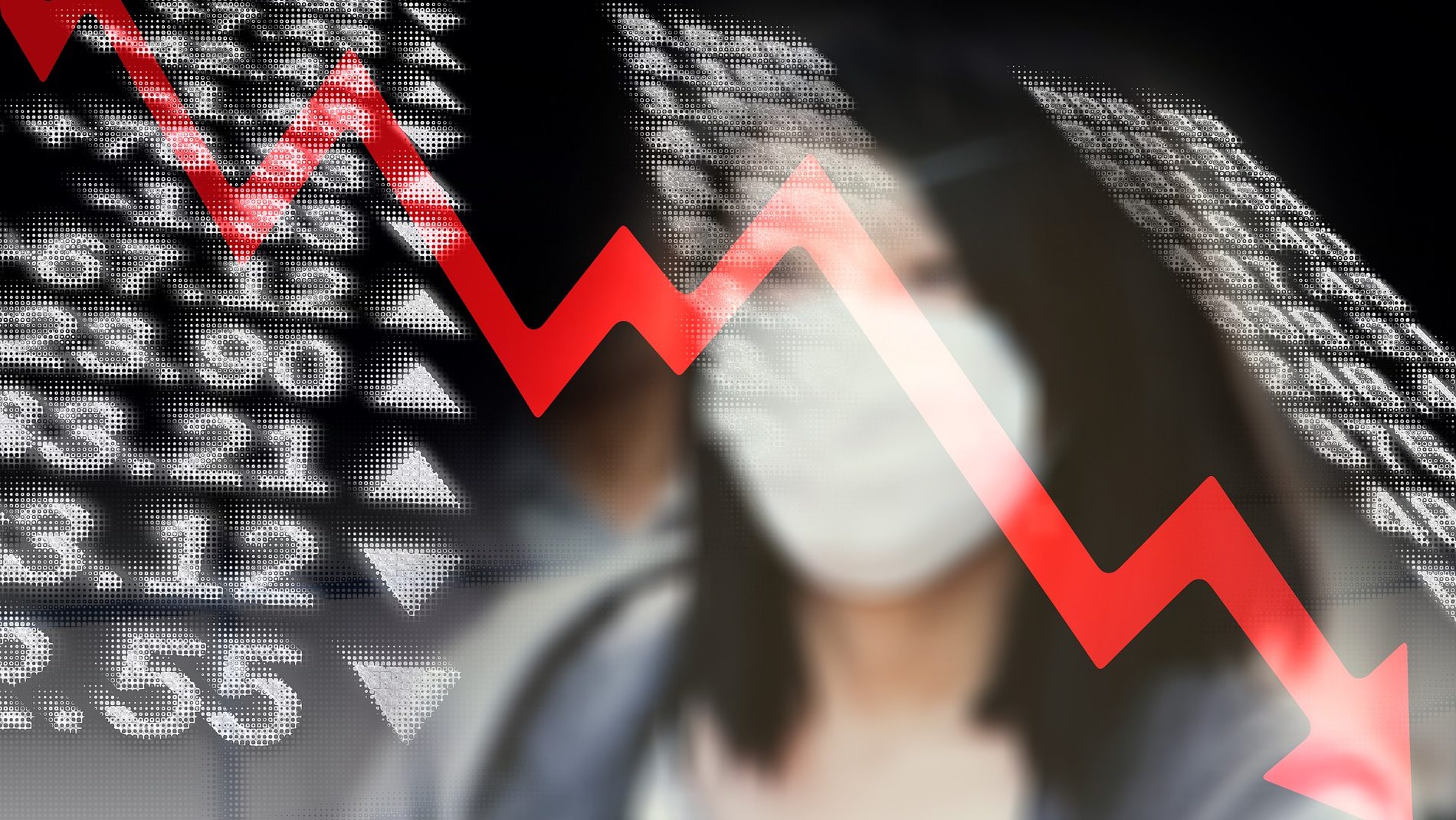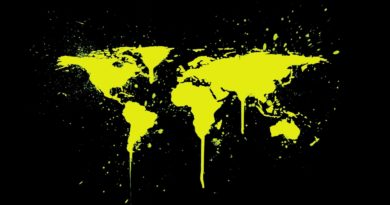The Davos Forum: A Crisis of the International System – The Media Line

Al-Etihad, UAE, February 3
In his speech to the Davos Forum, which was held virtually this year, Russian President Vladimir Putin warned the audience against a “fight of all against all.” His warning was based on the fact that the structure of the international system today is unstable, in a way that is very much similar to what it was between the two world wars. Putin spoke about the prevailing pattern of capitalism and the exacerbation of social inequality. He remarked that it is no longer possible to meet the current challenges we face with traditional policies, such as extending loans to individuals and companies in order to boost productivity and stimulate consumption in the economy. Putin concluded that what is required is the creation of a new international system with appropriate, specialized institutions to fulfill the four requirements necessary to prevent the collapse of the global economy: creating new job opportunities, providing the necessary housing for displaced and marginalized groups, developing preventive and therapeutic medicine, and providing quality education for children and youth. Although Putin’s tone was somewhat sharp, it strongly reflected the atmosphere of political dialogue among the leaders of the developed world on the crisis currently faced by the international system in its strategic and economic dimensions. It is no coincidence that the executive chairman of the World Economic Forum, the well-known German economist Klaus Schwab, chose the saying “great reset” as a slogan for the new session of the forum that convened this year. The focus of all talks was the global strategy for dealing with the coronavirus pandemic. French President Emmanuel Macron concluded his remarks by criticizing the neoliberal policies that have dominated the Western world in the past three decades, calling for the overhaul of the Washington Consensus that led to the emergence of the post-World War II financial system. Instead, he proposed the “Paris Consensus,” which would be based on “responsible social capitalism,” the defense of vital human needs, the fight against inequality and the advancement of safe environmental policies. Although international financial institutions have adopted since the beginning of the millennium the concept of “human development,” they have not fully internalized it into their frameworks and their thinking. What COVID-19 has shown us is that major countries around the world quickly found themselves in a state of complete instability and were unable to follow the so-called rules of international partnership and collaboration. As every country around the world locked up its border, concepts like economic integration, mutual assistance and social assurances disappeared. Hence, it is not feasible to return to the traditional economic logic that governed our international system before the pandemic. Recent experience has proven beyond any doubt that the global system is more interconnected than we would like to admit. A virus in one part of the world can shut down the entire Western economy overnight. And the way in which the virus has impacted different nations around the world has been far from uniform, with some countries getting access to vaccinations and groundbreaking technologies quicker than others, without caring for the poor nations left behind to deal with their miserable fate on their own. –Seyid Ould Bah (translated by Asaf Zilberfarb)
Wake up to the Trusted Mideast News source Mideast Daily News Email
*** This article has been archived for your research. The original version from Google News can be found here ***


